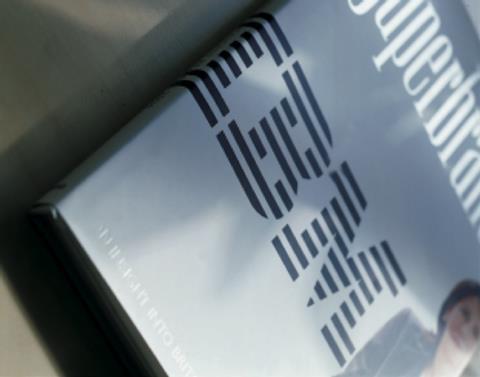IBM has been granted permission to appeal both the breaches and remedies judgements made by a High Court in February 2015 to the higher courts.
The decision made by the High Court ruled that members of the organination’s UK defined benefit (DB) pension scheme would be able to claim damages against it over the closure of the schemes.

At the time, the technology firm said it would seek to appeal the decision in the case of IBM vs Dagleish, which it ‘respectfully’ disagreed with, according to a letter to members from its director of HR Anne Conroy.
In April 2014, the original High Court ruling found that IBM had breached the contractual duty of trust and confidence when it undertook a statutory employment consultation process in relation to changes to a defined benefit (DB) pension scheme.
The ruling found that IBM had not given members a clear explanation of why it was making those changes to its pension scheme and that it had deliberately misled employees in order to preserve its negotiating position.
Under particular scrutiny in this subsequent remedies hearing was the interplay between contractual changes and its effect on the pensions trusts. Employees agreed to certain changes to their employment terms and conditions in relation to their pension.
Employees accepted salary increases to make up for pension alterations, or more restrictive early retirement policies. Following on from the original judgment finding the consultation process to have been misleading, the remedy judgment found that salary increases would have to be pensionable.
After an appeal, the ruling by the High Court in February also found in favour of IBM’s pension scheme members with the judge ruling that the non-pensionability agreements (NPA) that had been signed by members to make future salary increases non-pensionable were unenforceable.
The decision also meant that any employee who retired early as a result of the new policy was entitled to damages and members were also entitled to damages over the closure of future accrual of benefits.
IBM’s appeal will allow the higher courts to fully consider the implications of the rulings for employers.
Depending on the outcome, this could have substantial ramifications for employers when they try to change employee benefits.
Andrew Powell, pensions consultant at law firm Squire Patton Boggs, said: “Obviously IBM was going to appeal these rulings. It was widely expected that we had not heard the end of this case after the last, long and sophisticated, judgement.
“Given the crucial importance of the issues at stake, it’s vitally important for the higher courts to fully consider the implications of these rulings. In that respect, this appeal will allow for the opportunity to look afresh at these details.
“While this might mean an extended litigation, a close eye is being kept on the case because it could have wide-ranging ramifications on pensions, employment and public law. In particular, clarification is needed on the breadth of the duty of good faith and confidence between employer and employee.
“The relationship between this duty and its relationship with workplace consultation requirements and the legitimate expectations of employees.”











